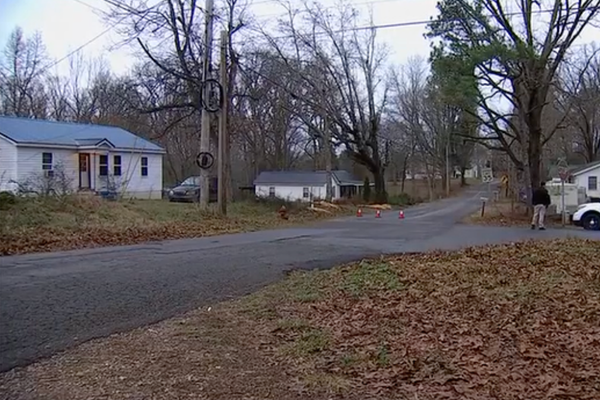
Kemi Badenoch has cast doubt on her department’s projections for how much the Asia-Pacific trade deal the UK government has signed will help economic growth.
The government announced overnight it had joined the 11-member Comprehensive and Progressive Agreement for Trans-Pacific Partnership (CPTTP), which includes Australia and Japan, after two years of negotiations.
The deal has been broadly welcomed, but figures from the Department for International Trade show it will grow the UK economy by 0.08% over a decade – far smaller than the negative impact from Brexit.
On Friday, however, Badenoch, the business and trade secretary, said these figures were old and not necessarily useful to the public.
Speaking to BBC Radio 4’s Today programme, she said: “When I asked [civil servants], ‘How did we arrive at these figures?’ they said: ‘Oh well, it was just a scoping assessment and we did it two years ago. It was based on figures 10 years ago – 2014.’”
She added: “I think civil servants are doing different types of modelling from what is very easily understandable to the public. When we carry out the modelling, it’s just to do comparisons. But what this is really about is the projection for the future.”
Her comments threaten to exacerbate the already tense relationship between senior ministers and civil servants.
Badenoch has criticised her own officials on previous occasions. Last year, she accused them of trying to block her from finding the truth about what was happening at the Tavistock child gender identity clinic when she was equalities minister. She also said civil servants tried to stop her from abolishing gender-neutral toilets in public buildings.
Under the terms of the CPTPP deal, tariffs will be cut on exports of food, drink and cars to the member countries: Australia, Brunei, Canada, Chile, Japan, Malaysia, Mexico, New Zealand, Peru, Singapore and Vietnam. The UK already has trading relationships with many of these members, including Australia, Japan and Singapore.
The government said it would allow exporters to “seize opportunities for new jobs, growth and innovation”. Badenoch added on Friday: “Small businesses will be able to have their goods exports – those that do goods exports – eligible for zero tariffs on about 99% of all goods to anyone who exports. This is excellent news for them.”
Separately, Nigel Huddleston, the international trade minister, told GB News: “We are talking about billions and billions of pounds of incremental GDP. That will mean more jobs, more economic activity, more growth.”
The deal is expected be ratified by parliament this year.
Labour welcomed the deal, calling it “encouraging”. But Nick Thomas-Symonds, the shadow trade secretary, urged ministers to secure additional safeguards to protect workers’ rights and environmental protections.
Unions have criticised parts of the deal that allow companies to sue the British government if they believe changes to laws or regulations have hurt their profits.
Thomas-Symonds said: “Other countries joining CPTPP arrangements have secured important safeguards and put in place support for their producers. It is vital that ministers set out if they plan to do the same.”







